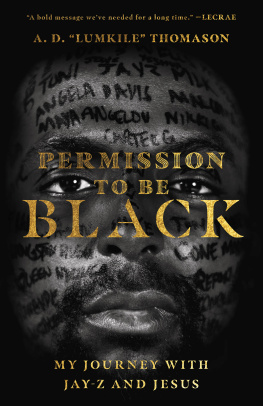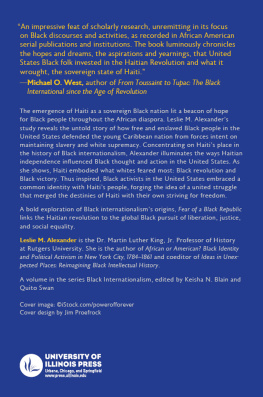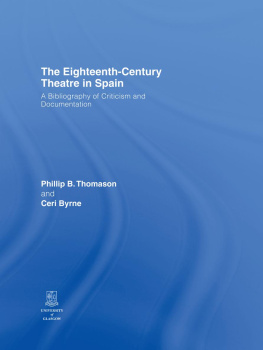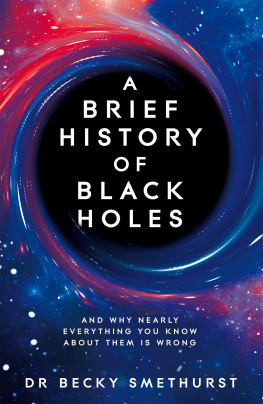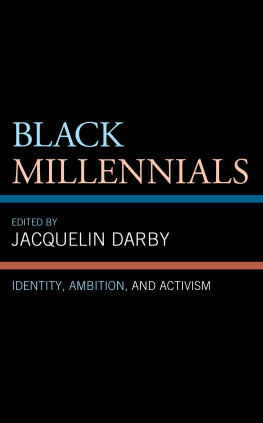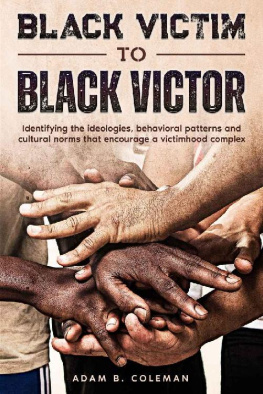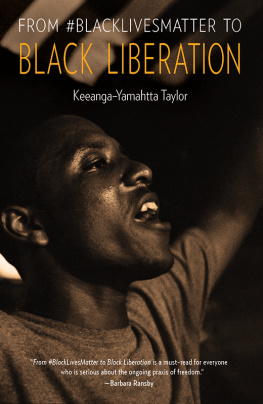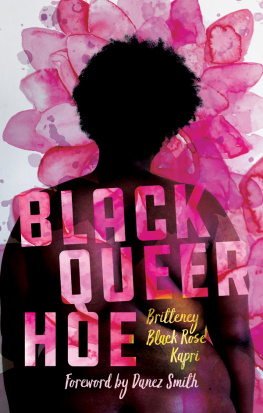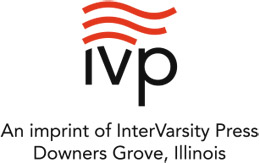Sommaire
Pagination de l'dition papier
Guide
MY JOURNEY WITH
JAY-Z AND JESUS
A. D. LUMKILE THOMASON
InterVarsity Press
P.O. Box 1400, Downers Grove, IL 60515-1426
ivpress.com
2021 by Adam David Thomason
All rights reserved. No part of this book may be reproduced in any form without written permission from InterVarsity Press.
InterVarsity Pressis the book-publishing division of InterVarsity Christian Fellowship/USA, a movement of students and faculty active on campus at hundreds of universities, colleges, and schools of nursing in the United States of America, and a member movement of the International Fellowship of Evangelical Students. For information about local and regional activities, visit intervarsity.org.
Scripture quotations, unless otherwise noted, are from The Holy Bible, English Standard Version, copyright 2001 by Crossway Bibles, a division of Good News Publishers. Used by permission. All rights reserved.
While any stories in this book are true, some names and identifying information may have been changed to protect the privacy of individuals.
Published in association with the literary agent Don Gates of The Gates Group, www.the-gates-group.com.
The publisher cant verify the accuracy of website hyperlinks beyond the date of print publication.
Author photos by Jaylon Ashaun
Cover design and image composite: David Fassett
Images: author photo by Jaylon Ashaun
gold foil background: Katsumi Murouchi / Moment Collection / Getty Images
ISBN 978-0-8308-4728-0 (digital)
ISBN 978-0-8308-4727-3 (print)
This digital document has been produced by Nord Compo.
PREFACE
BEYOND OUR FAMILY FEUD
Everyone needs a chance to evolve.
JAY-Z, DECODED
/Healing/ n. The process of making and becoming sound; to make well again; to restore to health.
M y people are in trouble, and we dont know it. We all chase after a goal that Solomon says is ever before us but that we rarely grasp. What is before us and what do we miss? The ability to be healthy. The health Im referring to is not physical health; its internal, mental, and soul health. What we define as Blackness is, in a lot of ways, a result of trauma. Ignorance plays a big role too, ignorant of (1) the fact that we need to be healthy, (2) the tools we need to achieve healthiness, and (3) how to get these tools. As Jay-Z explains in Family Feud, We are all screwed because we never had the tools.
Why did I name this book Permission to Be Black: My Journey with Jay-Z and Jesus? Because I want to give you some insights (some would call them cheat codes)the tools of mental, spiritual, and psychological liberation to release you from the pain of being screwed because you did not have the tools.
Why Jay-Z? Ha-ha, why not? On a serious note, I did not grow up as a Jay-Z fan or stan, but more a rap appreciator for what it did for my people, Black people. At a time when we needed a voice to express our emotions without violence in the 70s and beyond, pioneers DJ Kool Herc, Kool DJ Dee, and Afrika Bambaataa brought what we know as hip-hop to life. This subcultural expression spread like fire to a main stage like none could predict. My number one MC will always be Andr Benjamin of Outkast fame. However, as a rap appreciator, in my humble opinion I believe that Jay-Z is the greatest rapper of all time.
I found solace in a lot of his lyrics, especially the songs expressing the burden of life in concrete jungles, like Where Im From. On the other side of the spectrum were songs explaining why we dont have emotions, like Song Cry. I even appreciated some of the more boastful songs indicating a need for celebration because of our pain, like Encore. Jay-Z spoke to my cultural story. God used him to keep me and many other Black men alive until we could appreciate Yeshua (Christ) without other folks cultural baggage.
Side note: In this book, I will use both Jesus and Yeshua as names for Christ. I call him Yeshua because that is his Jewish name. Jesus, though I have no problem saying it, is an imperfect transliteration into the English language. Mary would have called him Yeshua. So, in the words of Coming to America, His momma named him Clay... Ima call him Clay. But I digress.
Jay-Z gave words to my pains that my body knew I had but my mouth could not put into words. He spoke to places I was in, Black places, places I was ashamed to admit even after I became a follower of Christ who still needed healing. Jay-Z gave me permission to be Black when most Christian branches said the way I was created and the experiences that formed memy Blacknessneeded to be dissolved. Early on I became a closet Black man, so I read the books of Martin Luther King Jr., Frederick Douglass, Malcolm X, W. E. B. Du Bois, and Ida B. Wells. Alongside the books I listened to Jay-Z and others for affirmation. This was the affirmation that evangelicalism never understood or thought I needed.
EITHER THEY DONT KNOW, OR THEY DONT SHOW
One of the most famous lines in Black cinema is from Ice Cubes character Doughboy in 1991s Boyz n the Hood, when he says, Either they dont know, dont show, or just dont care about whats going on...
I saw a post on Instagram of a Black woman encouraging the Black men who are living to rewrite the popular narrative. Indeed, based on depictions of us in entertainmentour historical forced placement on American soil as seed bearers, sexual steers, and violent gladiators (slave-on-slave fights are real)we should be extinct.
Im not going to say this next part eloquently. Im exhausted from others expectations that we rewrite our supernatural stronghold past without a manual and without the freedom to express our personhood. This hurts. The undervaluing of Black men who are seeking redemption hurts. Our culture rails on those in prison, doesnt encourage those who seek to rehabilitate themselves, doesnt take history into account, and is cavalier toward those shouldering centuries worth of these unaddressed wounds. Rogue religious groups and gangs provide stronger community, a clear hierarchy, and a more consistent and supportive affirmation for a Black male than many people realize.
Strongholds didnt start at our birth, and they certainly are not undone because of college degrees and successful careers. Let me give you some simple numbers that I hope will bring clarity to the unique situation of Black men.
According to the United States Demographics Profile of 2019, African Americans of the diaspora make up 12.6 percent (42.4 million) of Americas current population of 329 million. Take the percentage of Black men, which is right at 37 percent, out of that 12.6 percent, and you get roughly 15.7 million, if you do the math according to a New York Times article that talks about 1.5 million missing Black men and a nearly 20 percent gap ratio of more Black women to Black men (60 to 40). Of those 15.7 million Black men, one in three (33.3 percent, or 5.2 million) can expect to go to prison, according to the Center for American Progress and American Bureau of Justice (see also Ava DuVernays 13th). Which means that after you account for the African American population of males in prison, there are roughly 10 million Black men in society (3.2 percent). Now let us add some real-life filters, if you will, on this 3.2 percent from a historical account many ignore and some think has no bearing on the present.

